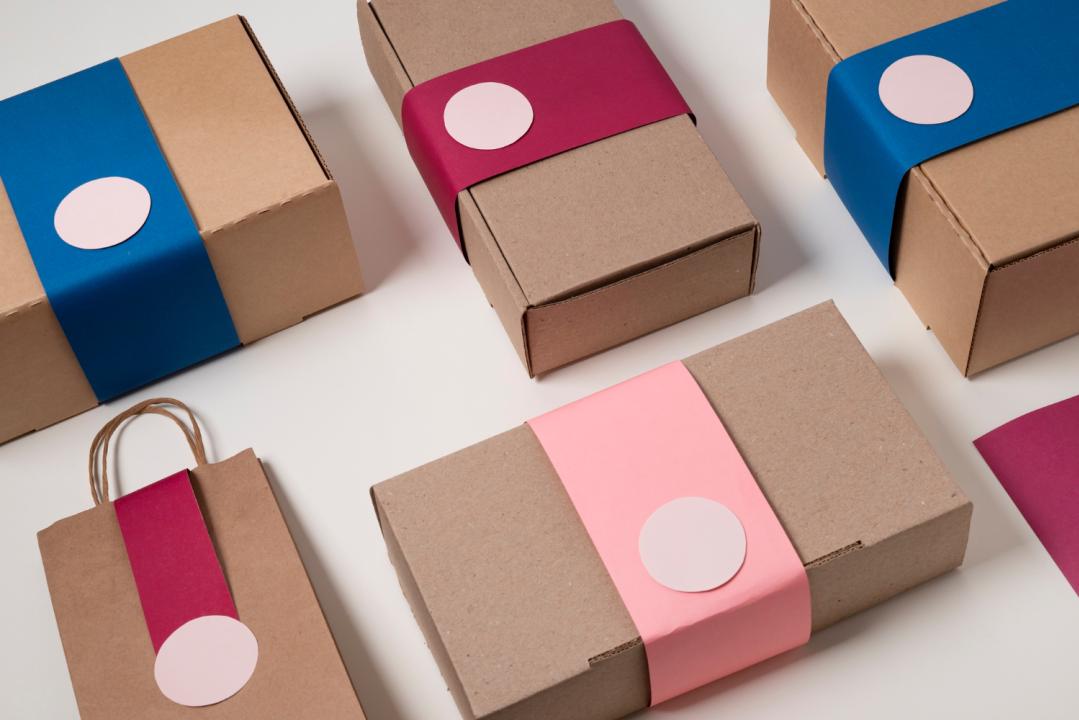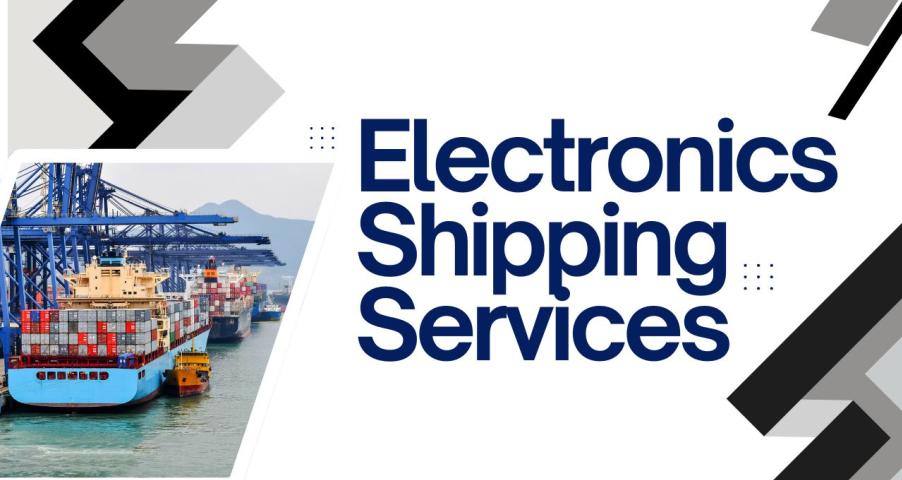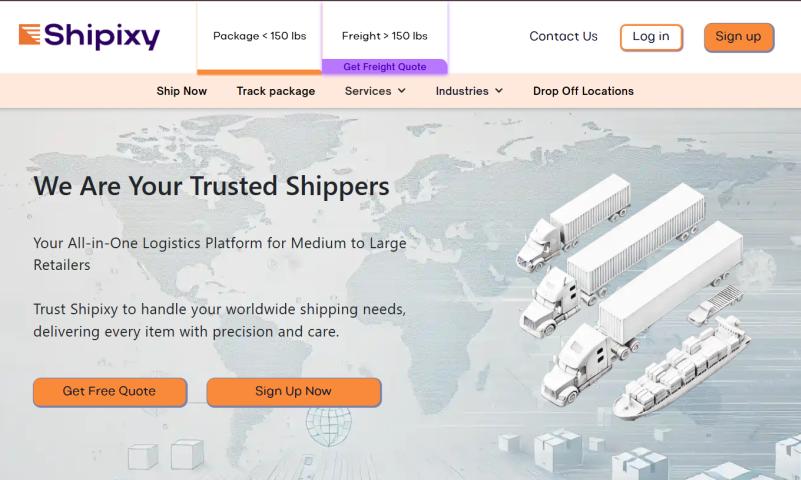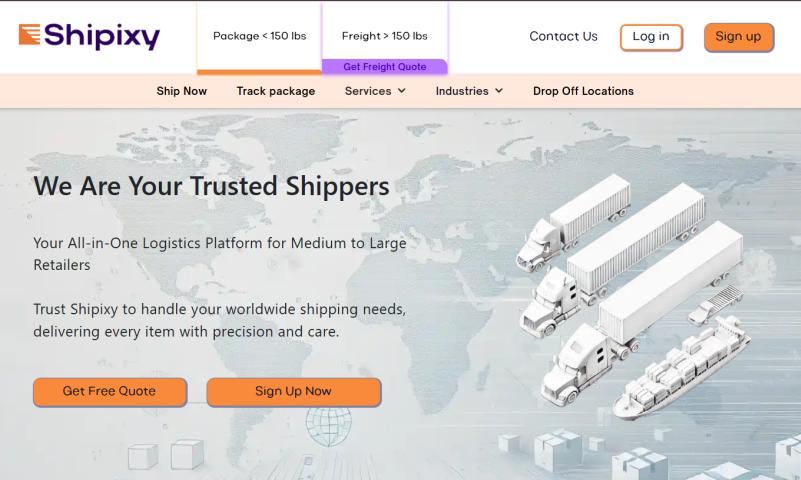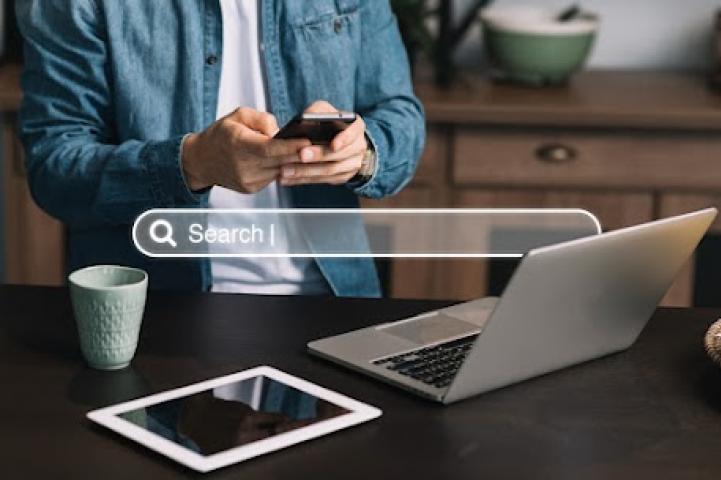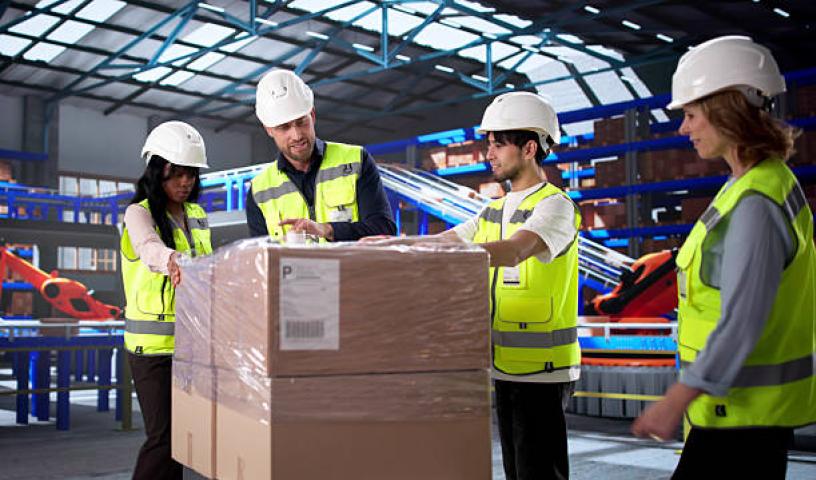In the competitive world of startups, it’s easy to overlook packaging in favor of product development, marketing, or scaling operations. But packaging is more than just a box — it's your customer's first tangible interaction with your brand. For early-stage companies, smart packaging can make a lasting impression, reinforce brand identity, and even drive sales.
1. Packaging as a Brand Storytelling Tool
Your packaging tells a story. Before the customer even uses the product, they're forming opinions based on how it looks and feels. Is it eco-friendly? Is it sleek and premium? Is it fun and bold? These impressions can either strengthen your brand or confuse your audience.
Startups should align packaging with brand values:
A sustainable brand should use recyclable or biodegradable materials.
A luxury brand might opt for embossed textures and high-quality finishes.
A playful, youth-oriented product might use vibrant colors and quirky typography.
2. Functionality Meets Design
Good packaging doesn’t just look good — it works well too. Especially for e-commerce startups, packaging needs to protect the product during shipping, be easy to open, and ideally be reusable or easy to recycle.
Startups should also consider:
Unboxing experience: Consumers today often share unboxing videos on social media. A memorable unboxing moment can become free marketing.
Storage and space efficiency: Minimize packaging waste while maintaining visual appeal.
3. Cost vs. Value
Budget constraints are real for startups, but skimping on packaging can hurt brand perception. Fortunately, there are affordable ways to elevate your packaging without breaking the bank:
Use custom stickers or stamps on plain boxes.
Print a simple branded message inside the packaging.
Choose standard sizes to reduce production costs.
Investing in smart packaging doesn’t always mean spending more — it means spending smarter.
4. Sustainability Sells
More consumers are making purchase decisions based on environmental impact. Packaging that’s recyclable, compostable, or made from post-consumer materials isn’t just ethical — it’s marketable. For eco-conscious startups, this can be a core differentiator.
Include messaging like:
“This box is 100% recyclable.”
“No plastic, no problem.”
“Your order plants a tree.”
5. Regulations and Practical Considerations
Depending on your product type (especially food, cosmetics, or electronics), packaging must meet certain regulatory standards. Labels, safety information, and barcodes may be required. Make sure you understand the legal requirements for your industry and region.
Conclusion: Small Box, Big Impact
Packaging is an investment in your customer’s experience. It’s not just what your product comes in — it’s a marketing tool, a brand ambassador, and a practical necessity. For startups, thinking creatively about packaging can be a competitive edge that builds trust, recognition, and loyalty from day one.
